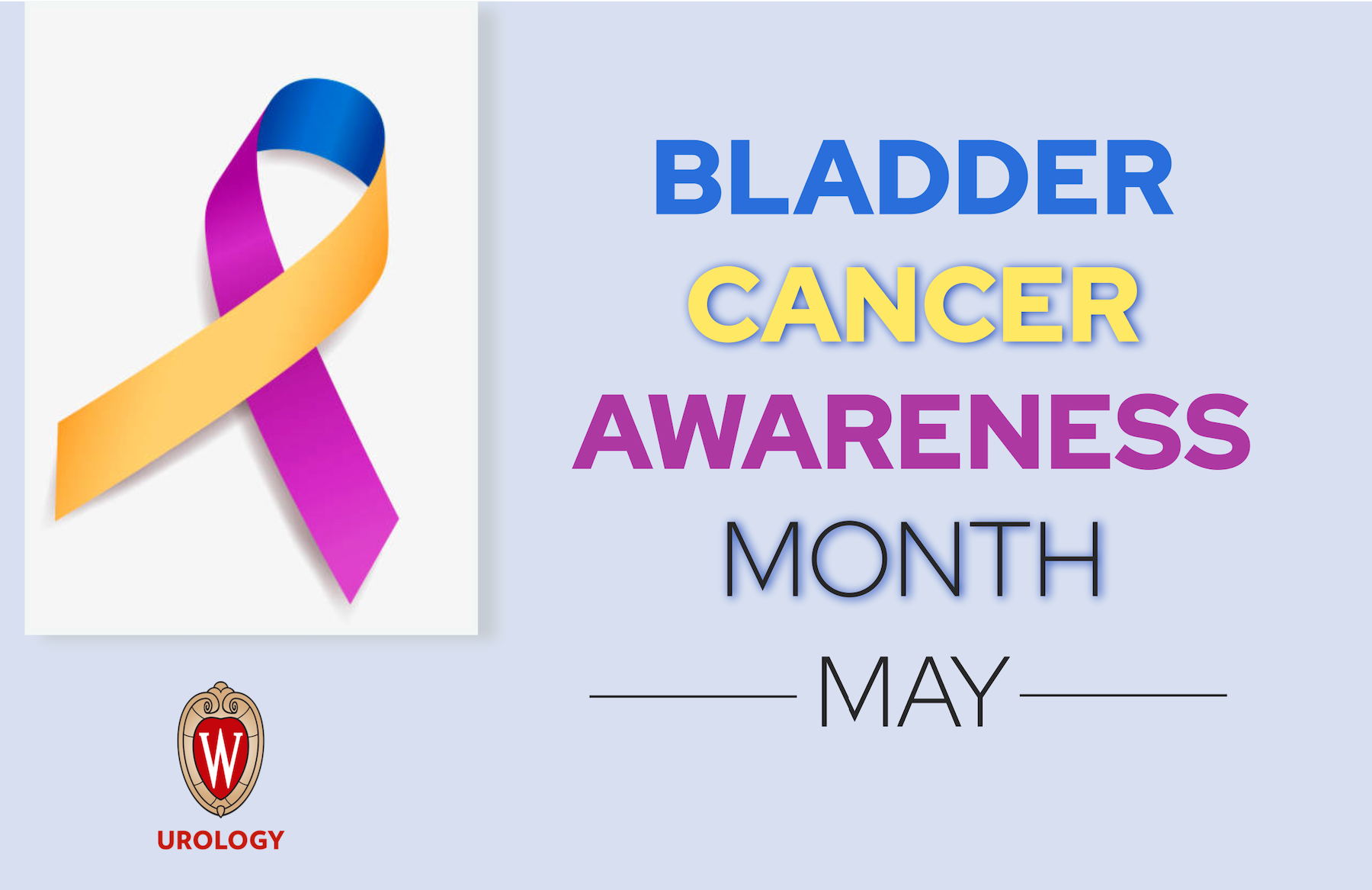 Each May, Bladder Cancer Awareness Month brings attention to a disease that affects tens of thousands of people every year, yet often goes underrecognized in public discourse. The month serves as an important time to educate, support those affected, and encourage early detection efforts.
Each May, Bladder Cancer Awareness Month brings attention to a disease that affects tens of thousands of people every year, yet often goes underrecognized in public discourse. The month serves as an important time to educate, support those affected, and encourage early detection efforts.
Understanding Bladder Cancer
Bladder cancer is the sixth most common cancer in the United States, with over 80,000 new cases diagnosed annually. It occurs when malignant cells form in the tissues of the bladder, which stores urine before it exits the body. The most common type is urothelial carcinoma, but other, less common types also exist.
Key Risk Factors
-
Smoking: The leading risk factor, as carcinogens in tobacco are excreted in urine and can damage the bladder lining.
-
Chemical exposure: Certain industrial chemicals used in dye, rubber, and leather industries increase risk.
-
Age and gender: The disease is more common in men and in people over the age of 55.
-
Chronic bladder conditions: Recurrent infections or long-term catheter use may also elevate risk.
Signs and Symptoms
Early detection greatly improves outcomes. The most common symptom is blood in the urine (hematuria), which may be visible or only detectable through testing. Other signs include:
-
Frequent or painful urination
-
Urgency to urinate
-
Lower back or pelvic pain
Anyone experiencing these symptoms should consult a healthcare provider promptly.
The Importance of Awareness
Bladder Cancer Awareness Month aims to:
-
Promote early detection
-
Reduce stigma and provide support for patients and survivors
-
Encourage ongoing research and funding
-
Share survivor stories and increase public understanding
Throughout this month and beyond, UW–Madison Urology remains dedicated to advancing research, improving patient care, and promoting awareness of bladder cancer. Through continued innovation and collaboration, the department strives to make significant strides in the fight against this prevalent and often overlooked disease.
Remember – Bladder cancer can be life-altering, but increased awareness can lead to earlier diagnoses, more research funding, and better outcomes. This May, take the time to learn more, share what you know, and help bring bladder cancer into the spotlight where it belongs.